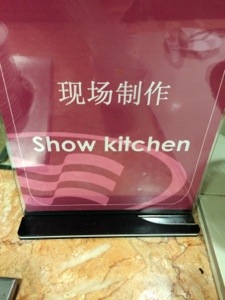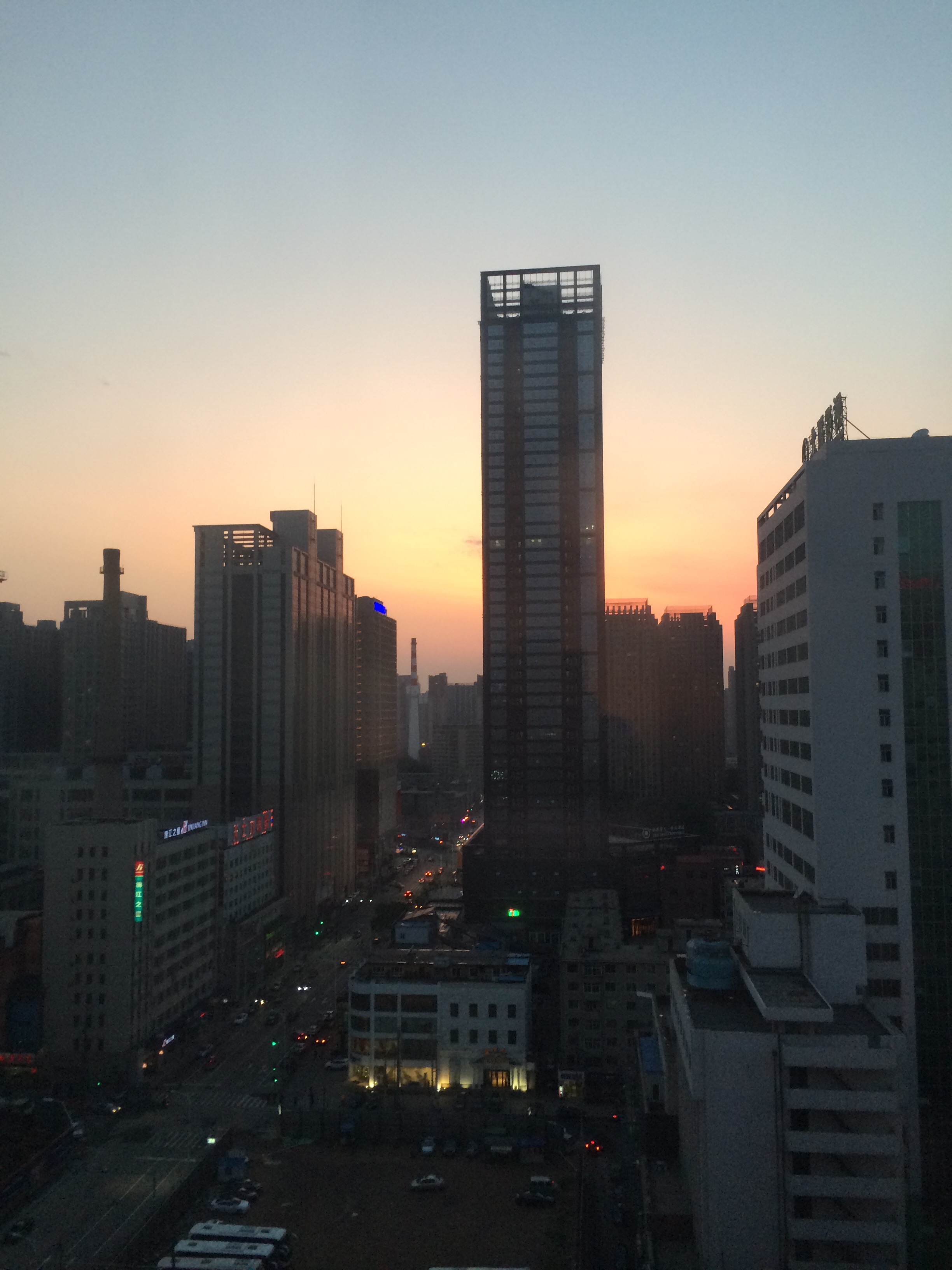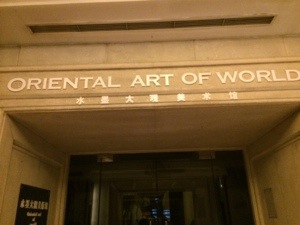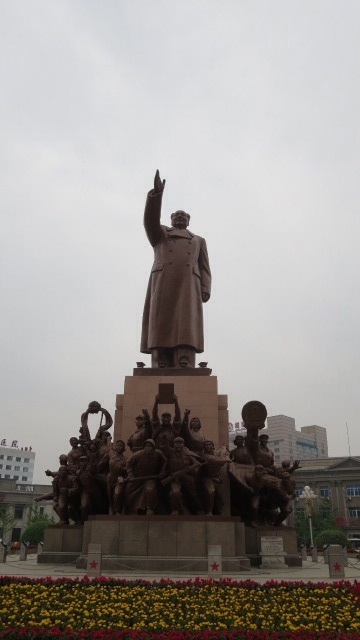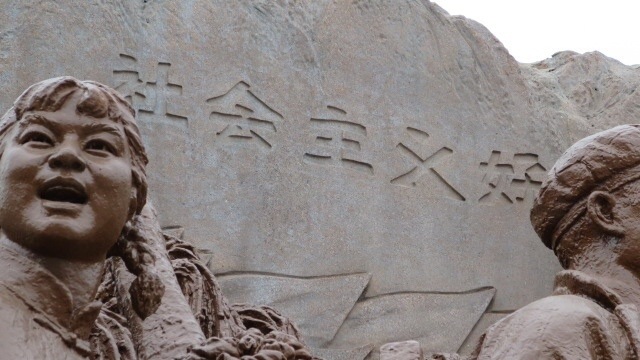My primary duties while on my first tour will be to “adjudicate” visas, which means that I will interview people who apply for a visa to the U.S., and determine whether they qualify for a visa.
Many people want a U.S. visa, but not everyone qualifies to enter the U.S., even as a tourist or a student. U.S. law is very strict about the requirements for entry to the U.S. Some people who don’t qualify resort to fraud in their attempt to get in. The most commonly-used fraud technique is not faking documents. U.S. travel documents are very sophisticated, and it’s really hard to forge them. Most people don’t try to use fake documents. The most commonly-used approach is lying. Lying about their finances, their work experience, their family situation, and their intentions regarding travel to the U.S.
Most international visitors are legitimate: they have the right qualifications, and their purpose of travel matches their visa type. But on every airplane that lands in the U.S., there are people who shouldn’t enter the country.
I am in Los Angeles, consulting with various government agencies that enforce the laws that control entry to the U.S. I spent several hours in the airport with the Customs and Border Protection, and was able to sit in on the passport control process, the secondary interview process, and the process by which people who attempt to enter the U.S. illegally are sent back to their country of origin.
Every day since I started this new career, I have learned a lot of interesting things.
Regarding immigration law, I have learned two general categories of knowledge. First, there are many, many different legitimate reasons for foreign nationals to enter the U.S. Tourism and study are the most common, but those are not the only reasons. For example, foreign journalists need a special visa that allows them to report on U.S. news to their home media markets. Wealthy investors who want to invest in the U.S. and create jobs here get a special investment visa. And so on. It was enjoyable to see some of these visas in real life, after learning about them in the abstract during consular training.
The second category is about detecting lies and fining the truth. We need human judgement in order to determine the truth. Documents can be forged too easily, so it isn’t a good idea to rely on documents. The task of filtering out the truth from the lies can only be done by a human being. In order to process the large number of travelers, the border protection people have to listen to a lot of stories, and a lot of them are lies. It would be easy to get cynical after getting lied to all day. But I drew some good lessons from the people in the airport.
One officer noted that some of the lies come from misconceptions on the part of the traveler. They may have been told not to say something, or to say something that isn’t true, because there is a mistaken belief that a certain answer will cause them to be denied entry. Some part of that is true. If your intention is to enter the U.S. and then become a public charge, and when you enter the U.S., you tell the border protection officer that you intend to become a welfare charge, then you will not be admitted to the U.S. But if you are coming to the U.S. to visit your brother, then lie to the border protection officer and say that you have no family in the U.S., because someone told you they won’t let you in to see your family, that’s a stupid lie. It isn’t hard to verify that you do have a brother in the U.S., because you put that information on your visa application, and they can see your visa application at the border.
We rely on human judgement to determine who is lying, but it isn’t possible to produce human lie detectors. We learn how to determine if the story that we’re hearing makes sense. But some people are really good liars, so those of us who are charged with finding the truth have to know about how people lie, and why people lie.
This is getting more and more interesting.
34.051119-118.240806
